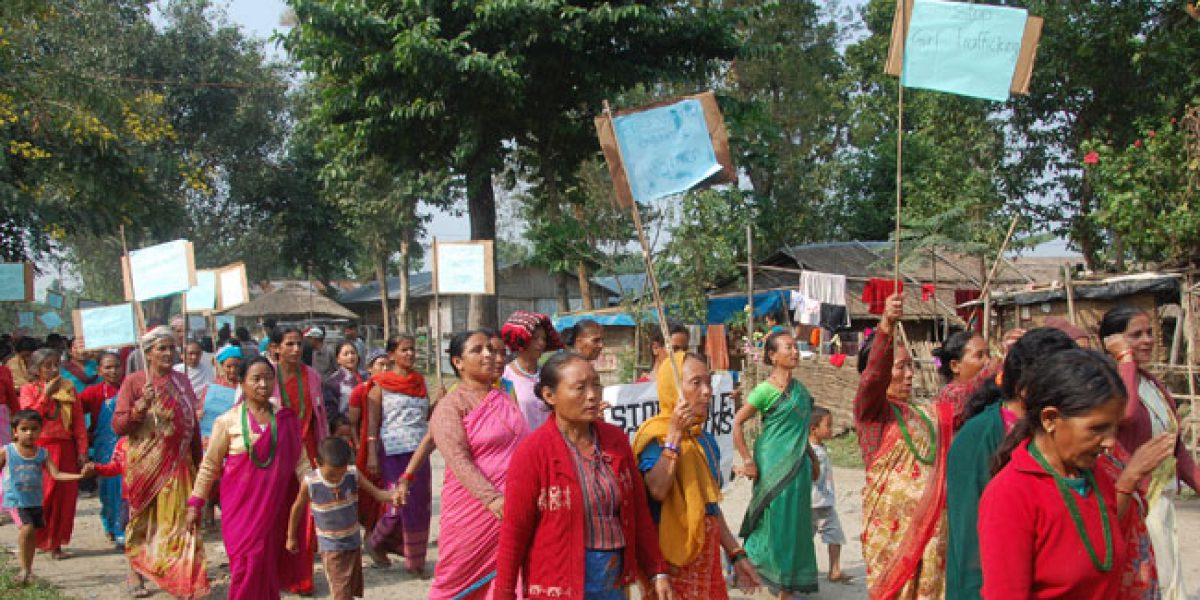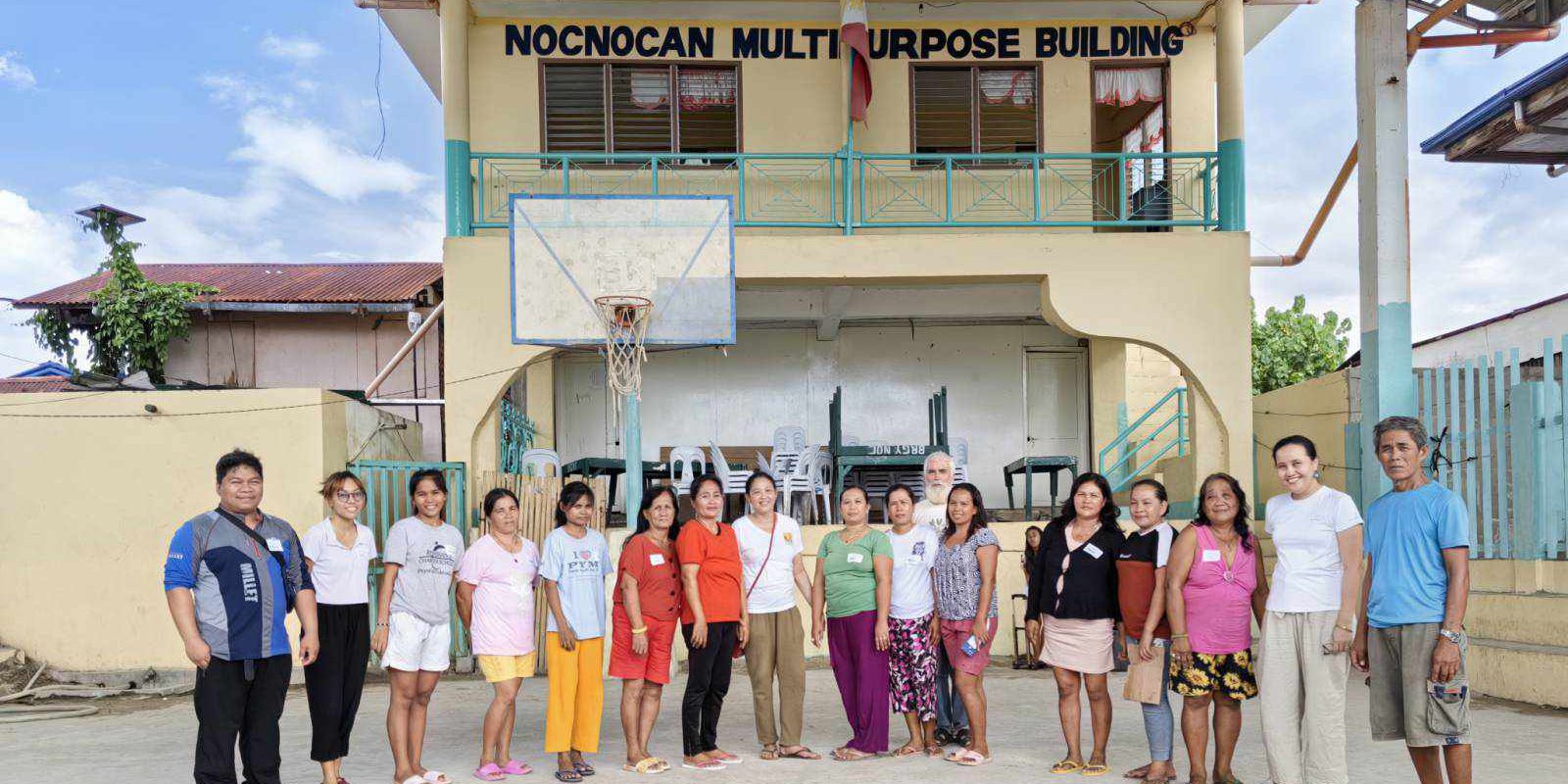
Rome, 15 July 2011 – The Jesuit Refugee Service has issued its latest publication demonstrating how the organisation is involved in the empowerment of forcibly displaced persons, assisting them to gain access to the rights to which they are entitled.
“We wanted to clearly set out what advocacy means in JRS, how it is an integral part of our mandate rooted in our proximity to refugees, flowing from our direct accompaniment and service provision and based on Jesuit values”, said JRS International Advocacy Coordinator, Amaya Valcárcel.
While JRS advocacy draws on the 1951 UN refugee convention, widely acknowledged to be the cornerstone of refugee protection, the organisation uses a wider definition of ‘de facto’ refugees to guide its advocacy and service provision, including victims of armed conflicts, erroneous economic policy or natural disasters, as well as internally displaced persons (IDPs).
“Advocacy is an integral part of the JRS mission and our daily activities around the world. Addressing the root causes of human displacement and striving to change unjust policies are fundamental to the JRS mandate. Accompaniment becomes advocacy when an appeal is made by a JRS staff member, on behalf of a refugee, to an outside party that can provide help”, continued Ms Valcárcel.
Full of examples
The 36-page booklet addresses all aspects of JRS advocacy, from day-to-day work in favour of one or more individuals to longer-term activities seeking to change policies nationally, regionally and globally, such as the organisation’s participation in campaigns against the use of landmines and refugee detention.
The booklet gives a breakdown of the most important issues on which JRS advocacy is focused and provides concrete examples of concerns and positive outcomes of this work. The issues include: access to quality education, food security, detention, protection and durable solutions, landmines and cluster bombs, sexual- and gender-based violence and peace and reconciliation.


